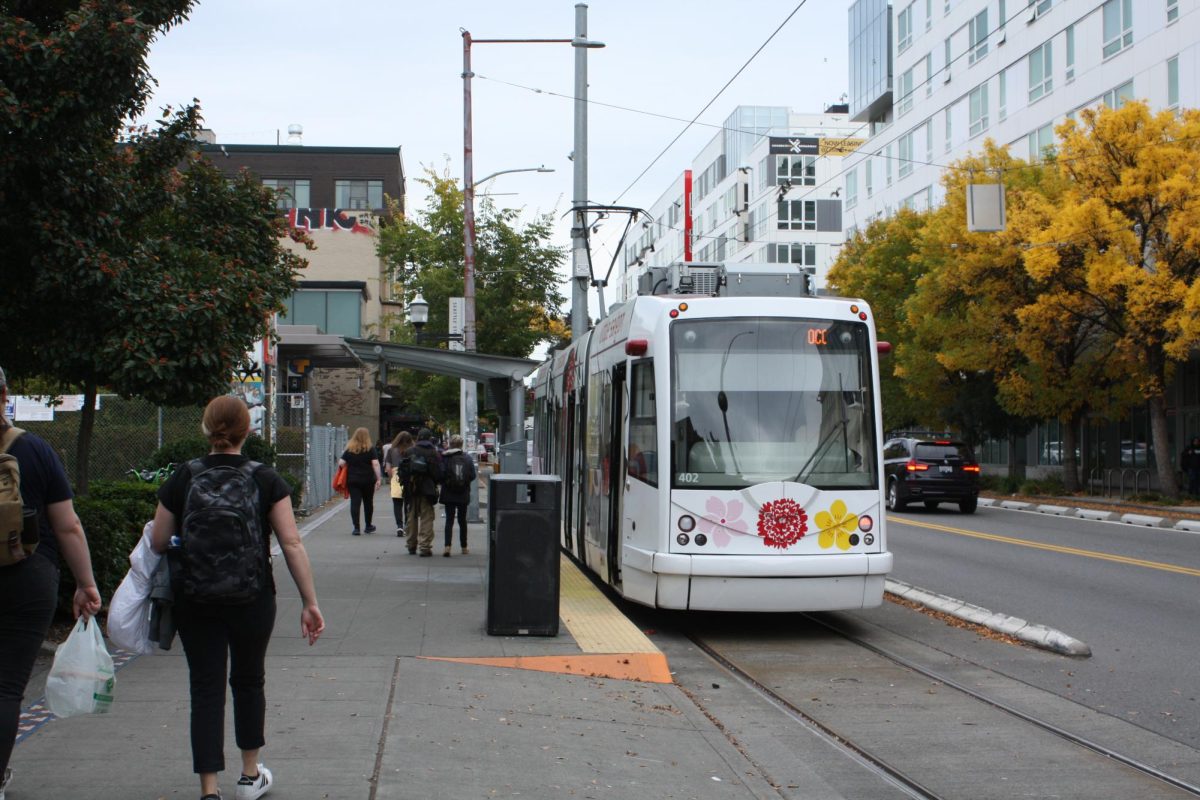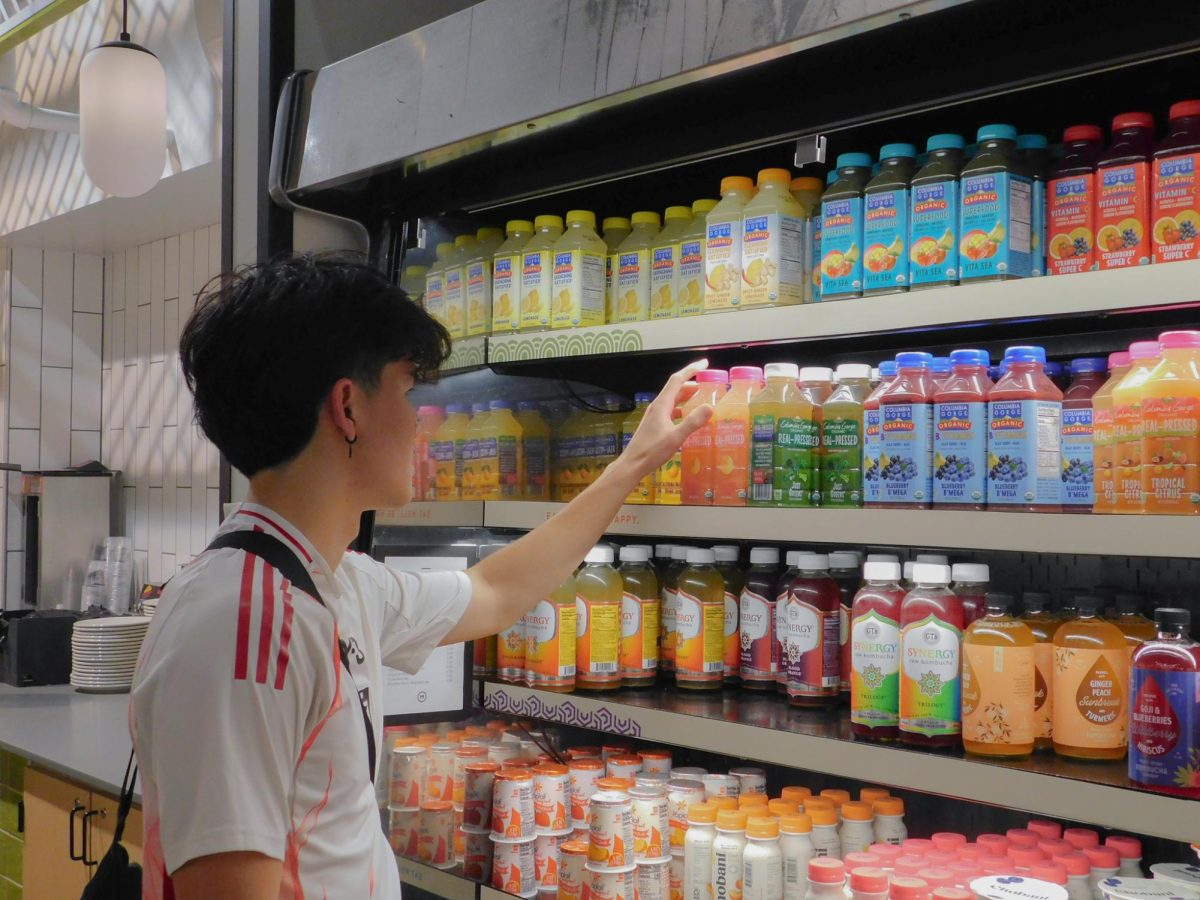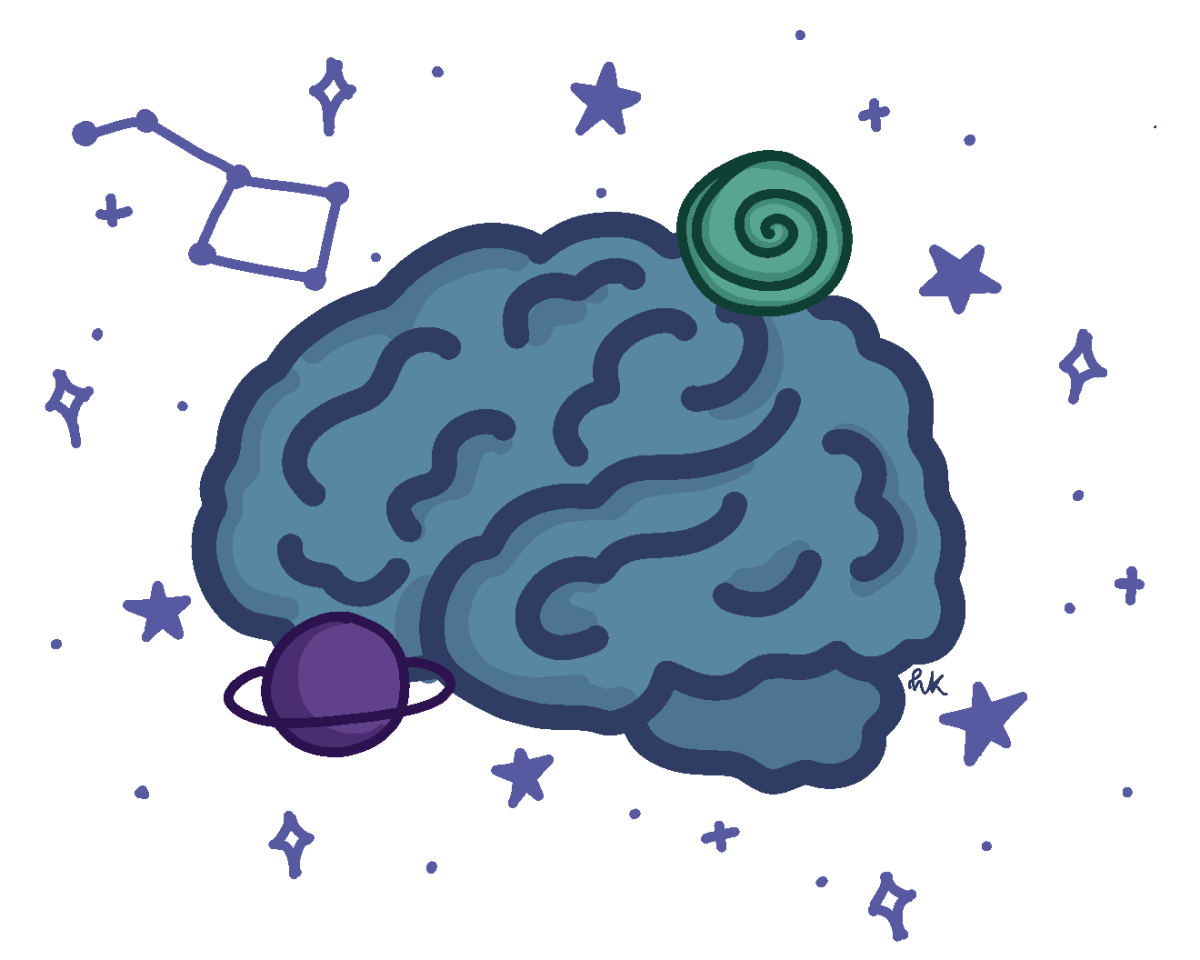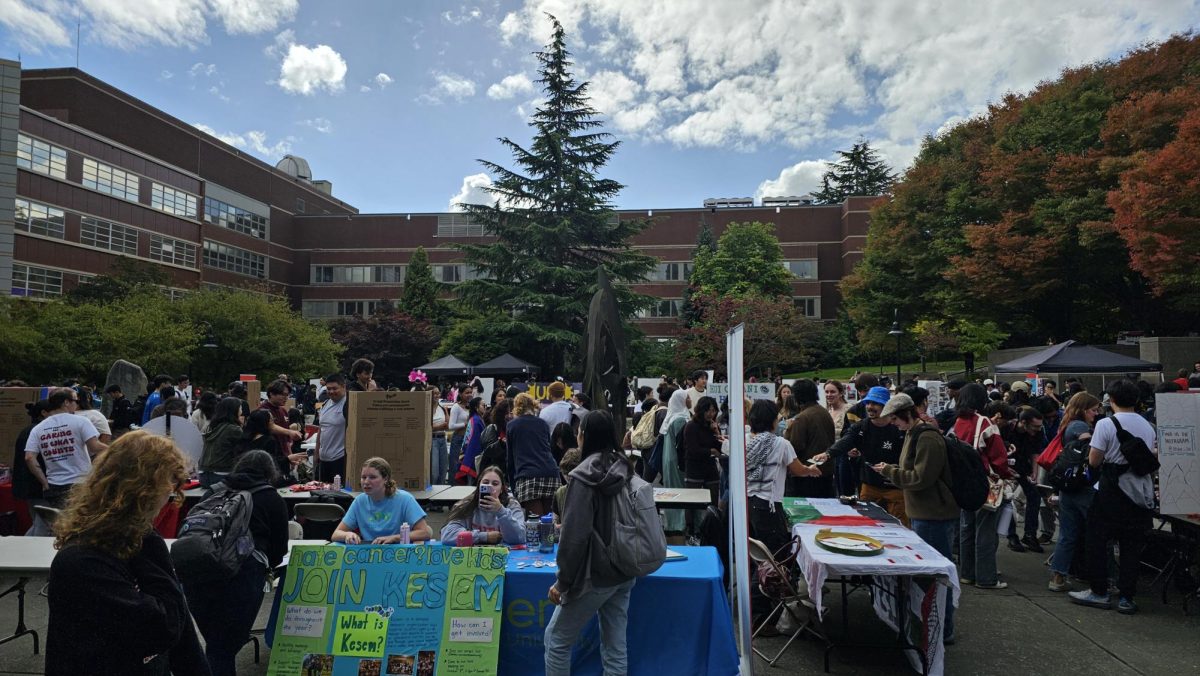Seattle University Youth Initiative (SUYI) is starting their year of service with a survey for all involved to determine whether learning objectives are being achieved.
The CSCE is launching the survey in the coming weeks for about 275 students engaged in long-term service, according to Director Kent Koth and Assistant Director of Student Leadership Kelly Benkert, and they are still recruiting more volunteers to add to that pool of students.
“We know from research outside of Seattle U and from our own experiences with students too that students have a deeper learning experience when they make a longer term commitment to service and to the community,” said Benkert.
Program Director for Faculty Engagement and Assessment Jeffrey Anderson is leading this assessment project. Anderson said the objective of the project is to determine an “evaluation of Youth Initiative outcomes as they relate to Seattle U students and faculty.”
In addition to discerning how well these objectives are being met, the survey will measure achievement on a nationally-utilized scale which is widely used and quite effective, according to Anderson.
This scale is the “Civic Attitudes and Skills Questionnaire” (CASQ), a self-reporting questionnaire developed in 2002 at Tulane University.
According to the authors of the CASQ, the CASQ acts as a “measure of students’ attitudes related to service-learning.”
As summarized in The Journal of Effective Teaching, the CASQ measures scores on six scales: civic action, interpersonal and problem-solving skills, political awareness, leadership skills, social justice attitudes and diversity attitudes. The CSCE’s revised CASQ will be administered in the coming weeks at the Center. Throughout the school year, focus group interviews will be conducted to collect more qualitative data on progress and evaluate it to see, according to Koth, “what they are learning and how it is connected to their perceptions of their ability to affect change in the future and now.”
A similar survey will be given at the end of the year to determine long-term results of the programs.
“What we’re wanting to do is to understand what Seattle U students are experiencing through their engagement in the community,” Koth said. “I think we all hope that we continue to learn and change through our experiences.”
A similar survey was conducted last year online, but Anderson found that the response rate of seven percent was too low to be of much use.
Anderson predicts that the in-person copies will reap a higher response rate.









